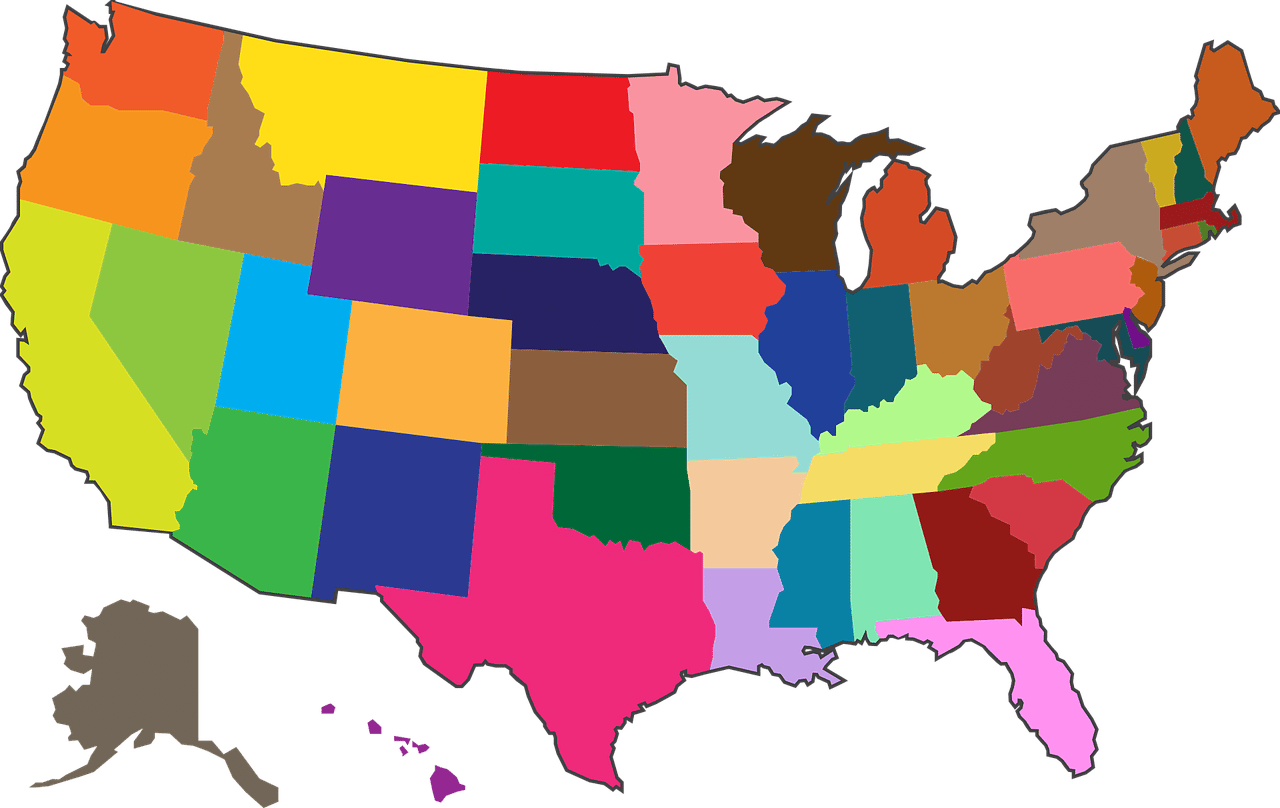So-called liberal democracies have characterized the West for the past century and are viewed as the pinnacle of political development. So much so that Western elites are firmly convinced that this system of governance should be spread far and wide—be it indirectly (color revolutions) or directly (economic sanctions, kinetic military actions, or nation-building expeditions).
Liberal democracies are political systems in which people entrust political power to a political class that, at least on paper, is constitutionally limited when it comes to exercising political power. Further, liberal democracies are supposed to protect civil liberties and nominally respect private property rights.
What appears good to many on paper does not necessarily operate smoothly in real time. Upon further analysis of the past century of politics in the West, one quickly realizes that the previous laissez-faire classical liberal order of the nineteenth century has become an afterthought to the progressive liberals of today. Moreover, modern liberal democracy has become little more than a flimsy façade for soft authoritarianism. The illusion of liberal democracy has been completely shattered by the way Western governments have responded to the covid-19 pandemic.
Events in Canada, a country held in high esteem by progressives worldwide, have been revelatory in that regard. Prime Minister Justin Trudeau’s invocation of the Emergencies Act to quell the Freedom Convoy protests showed the world that liberal democracy is not so “exceptional” and is just as susceptible to descending into petty despotism as any other political system.
Protests and blockades against its stringent covid-19 restrictions were enough for the Trudeau government to unleash the proverbial hounds against people who dared to protest government overreach.
The Trudeau regime has killed two birds with one stone by using its emergency powers to attack both peaceful protestors and the budding cryptocurrency sector—one of the few avenues of human activity that has yet to be fully enveloped by the state. Deputy Prime Minister Chrystia Freeland announced in the middle of February that the crypto wallets of Freedom Convoy protesters and those funding the protests were frozen. While Trudeau seemingly revoked his government’s emergency powers, the damage has already been done.
The Canadian government’s actions—not its boasting rhetoric about human rights—have laid bare the hollow nature of liberal democracy in the covid-19 era. When pressed against the wall, liberal democracies like Canada eventually cracked and revealed to the world their true tyrannical colors.
What the West is witnessing right now is the culmination of over a century of ceaseless government growth. Government overreach has accumulated to such a degree that whatever illusion Westerners may have been under about the freedoms they supposedly enjoy has dissipated.
Westerners will need to pause and exercise some introspection. Pace the great Ludwig von Mises, democracy isn’t the apotheosis of political systems. In Nation, State, and Economy, Mises argued:
If one wants to make peace, then one must get rid of the possibility of conflicts between peoples. Only the ideas of liberalism and democracy have the power to do that.
The nineteenth-century variety of liberalism facilitates social cooperation and voluntary exchange. By contrast, democracy, in the context of a mass society, has led to the development of a technocratic regime that nominally respects property rights but micromanages human behavior through the gradual establishment of bureaucratic diktats and uses a welfare state to buy off the population. Central banking and a sizable warfare state are also features of this omnipotent state, which formed, not coincidentally, during the consolidation of mass democracy in the twentieth century.
In fairness to Mises, he was a man of his time. He pragmatically viewed democracy as the lesser of two evils on a war-torn European continent that was dotted with monarchies and nascent nationalist movements that were embracing collectivist ideologies. However, democracy has outlived its usefulness and cannot contain the torrential wave of statism proliferating across the West.
Going back to romanticized eras of the past is not an option. We must move forward and blaze a new path to a more just society based on private property and freedom of association. The jurist Carl Schmitt once said that “a historical truth is only true once.”
Fostering an embrace of laissez-faire liberalism is always valuable because it places some limits on what a regime can get away with. But history suggests it is not enough to rely only on ideological bulwarks.
It is perhaps time to think bigger, and we can do so by drawing from one of the more underappreciated aspects of Mises’s life’s work. Namely, his focus on radical decentralization. This can come in the form of nullification, soft secessionism, localism, and other forms of breaking down centralized power. The challenge before us is to cobble together a decentralized alternative that builds on the positive aspects of the previous liberal order while rectifying its flaws to forge a new architecture of ordered liberty and voluntary association.
Thinking beyond traditional modes of political organization will be the key challenge as Westerners navigate through the uncharted waters of woke despotism. Radical decentralization will be the lighthouse for Western countries that have lost their way. Whether these countries correct course remains to be seen.
This article was originally featured at the Ludwig von Mises Institute and is republished with permission.

































